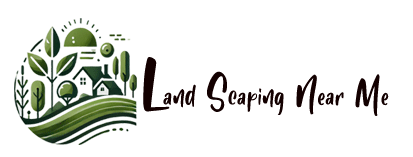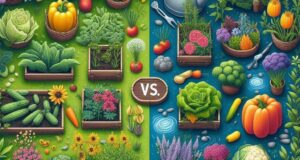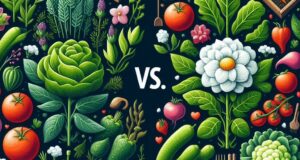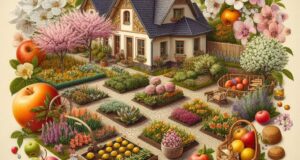A garden is a living masterpiece, where every plant plays a role in creating beauty, productivity, or both. However, designing a flower garden requires a different approach than planning a vegetable garden. The space, layout, maintenance, and purpose all vary, making it essential to choose the right design from the start.
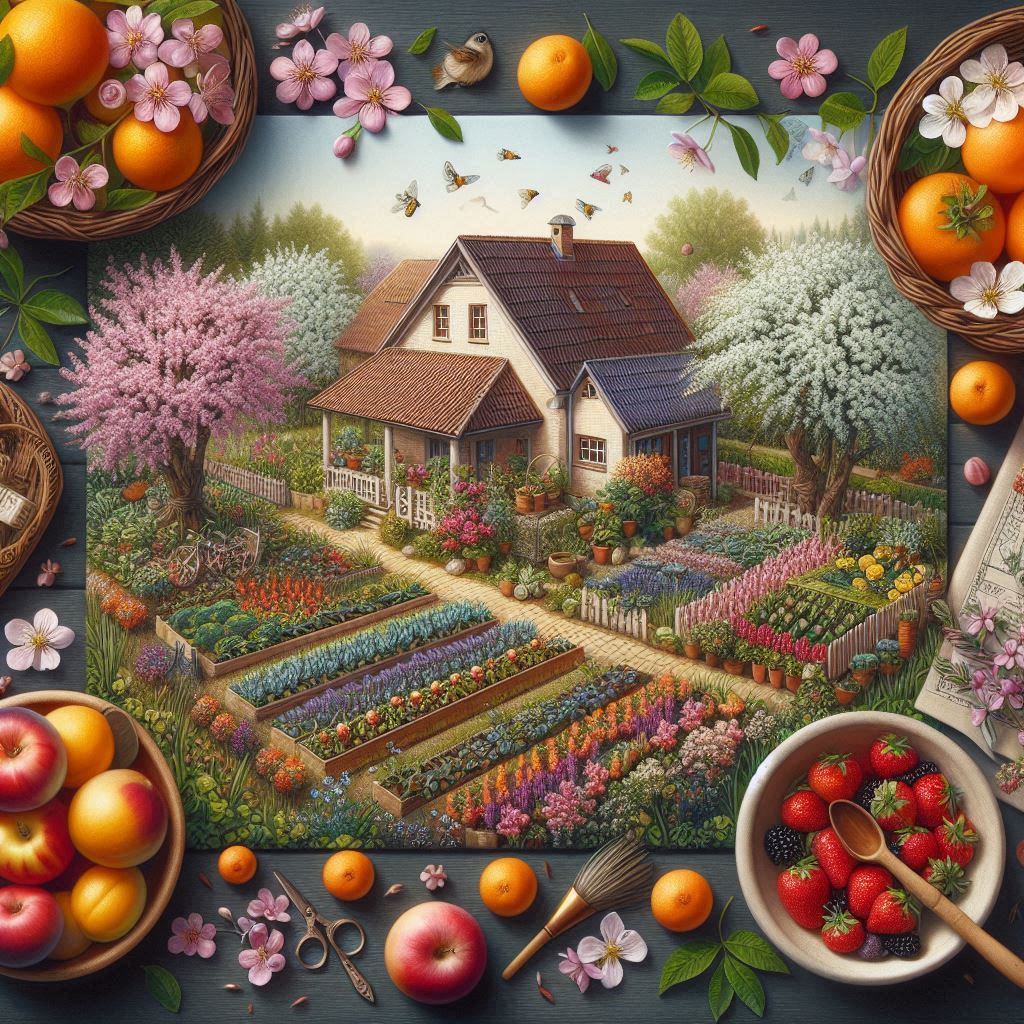
For a garden that blends functionality and aesthetics, consulting with the best landscapers near me can help you achieve a layout that suits your vision. Below are the four fundamental differences between flower and vegetable garden layouts that will guide you in making the right decision.
1. Space Requirements: Compact vs. Expansive Layouts
One of the most significant differences between flower and vegetable gardens is the amount of space they require.
Vegetable Garden Space:
- Requires larger areas to allow plants to spread and grow.
- Needs adequate spacing between crops to ensure proper airflow and sunlight.
- Often includes designated pathways for easy harvesting and maintenance.
Flower Garden Space:
- Can thrive in small, compact areas and even in pots or vertical gardens.
- The closer the flowers are planted, the more vibrant and lush they appear.
- A well-planned small space can enhance the aesthetic appeal of the home.
If you’re struggling with limited space, the best landscapers near me can help you maximize your garden—whether for vegetables or flowers.
2. Layout: Structured Rows vs. Free-Flowing Design
The arrangement of plants differs significantly between a flower and a vegetable garden.
Vegetable Garden Layout:
- Organized in straight rows or raised beds to optimize growth.
- Requires precise spacing to prevent overcrowding.
- Often incorporates crop rotation strategies to maintain soil health.

Flower Garden Layout:
- Designed in curved, layered, or clustered patterns for visual appeal.
- Focuses on color coordination and plant height variation.
- May include decorative elements like garden paths, water features, or sculptures.
For a well-structured yet visually appealing design, consulting the best landscapers near me can help you achieve the perfect balance.
3. Maintenance: Intensive Care vs. Effortless Beauty
While both types of gardens require attention, a vegetable garden demands more frequent care than a flower garden.
Vegetable Garden Maintenance:
- Requires regular watering, fertilization, and pest control.
- Needs continuous weeding and soil enrichment to ensure plant health.
- Some vegetables demand seasonal replanting and rotation to prevent disease.
Flower Garden Maintenance:
- Generally low-maintenance once established.
- Occasional trimming, watering, and weed removal keep it looking fresh.
- Perennials bloom yearly with minimal replanting.
If you want a low-maintenance garden that remains stunning year-round, the best landscapers near me can suggest the ideal flower varieties and layouts.
4. Purpose: Beauty vs. Functionality
The goal of your garden determines whether you should opt for a flower garden or a vegetable garden.
Flower Garden Purpose:
- Adds aesthetic appeal to your home and outdoor spaces.
- Attracts pollinators like bees and butterflies.
- Enhances the relaxing and serene atmosphere of your home.
Vegetable Garden Purpose:
- Provides fresh, organic produce for your family.
- Encourages sustainability and self-sufficiency.
- Reduces grocery expenses while promoting healthy eating.
For those who want both beauty and practicality, the best landscapers near me can design a hybrid garden combining flowers and vegetables.
Choosing the Right Garden for Your Needs
Whether you desire a charming floral retreat or a productive vegetable patch, selecting the right layout is essential. Flower gardens enhance curb appeal, while vegetable gardens offer sustainability and nutrition.
To ensure a well-planned, stunning garden that aligns with your goals, consulting the best landscapers near me is the perfect solution. With expert guidance, your garden can become a thriving, harmonious space—whether filled with colorful blossoms or bountiful harvests.
